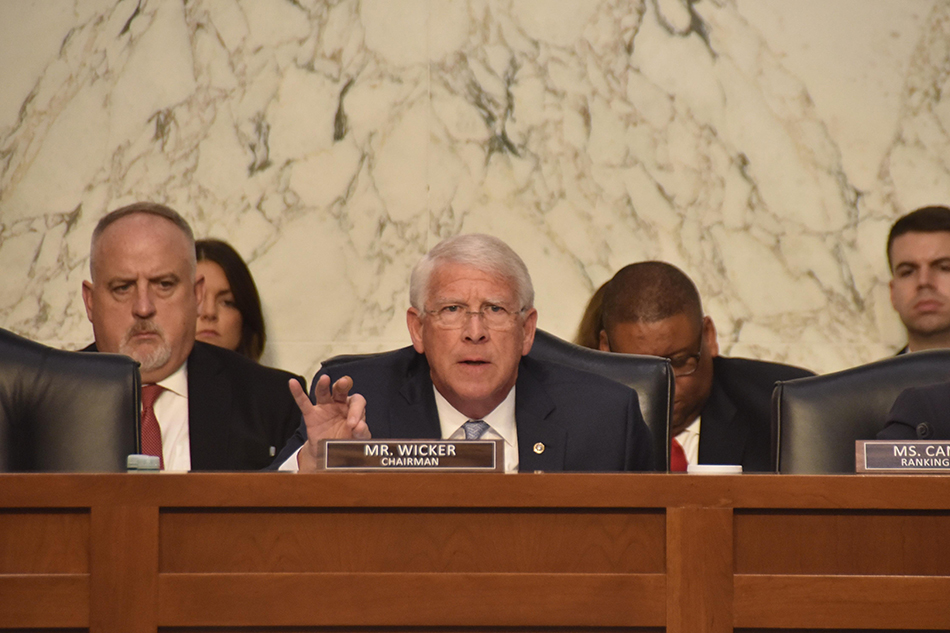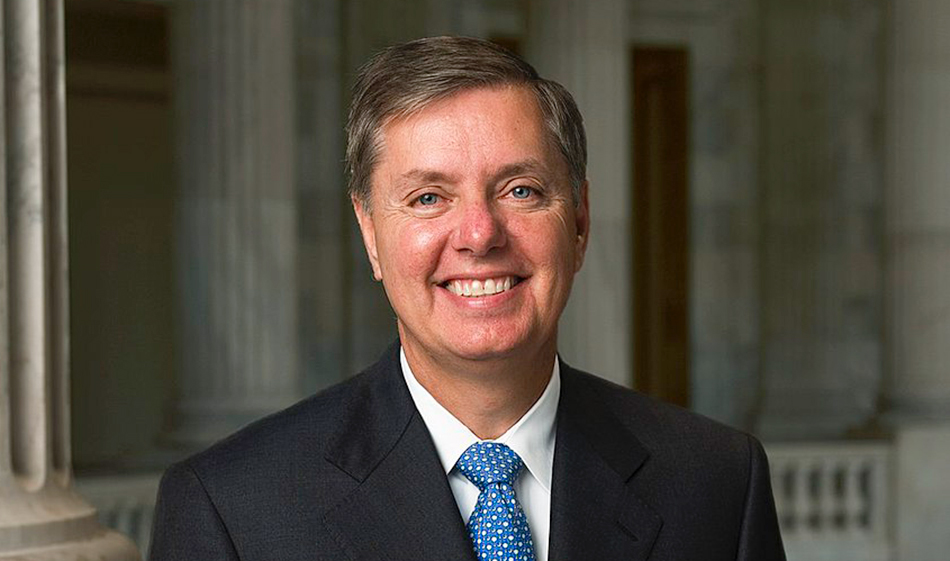Stars Collide: Committee Chairs Diverge Over STELAR
The smarter way to stay on top of the multichannel video marketplace. Sign up below.
You are now subscribed
Your newsletter sign-up was successful
WASHINGTON — A new battle is brewing on Capitol Hill over renewal of the compulsory license that allows satellite operators to deliver distant network TV station signals to markets that lack them, and the legislative vehicle that cable operators would like to use to reform retransmission consent.

The chairs of the Senate committees that jointly oversee the issue, both Republicans, appear to be poles apart, with only a handful of legislative working days left (19 as of Nov. 12) before the license expires and hundreds of thousands of viewers could lose access to their favorite network shows.
The Satellite Television Extension and Localism Act (STELAR) sunsets every five years unless renewed, in this case by Dec. 31.
Broadcasters and multichannel video programming distributors (MVPDs) have been on different sides of this issue for years. TV station owners have lobbied to get rid of the license, which they said allows MVPDs to pay below-market rates while choosing not to deliver local stations into some local markets, instead importing stations from Los Angeles and New York since they have the distant-signal alternative.
MVPDs have said the license allows them to serve viewers whose stations have failed to deliver signals to the markets whose public interest they are duty-bound to serve as the quid pro quo for that free spectrum.
More than 800,000 viewers are in markets where one or all of their network affiliates aren’t available. Also affected are truckers and tailgaters who get distant signals on the road.
Sen. Roger Wicker (R-Miss.), chairman of the Senate Commerce Committee, made it clear at a Hill hearing last month that he wants to renew the license, and last week introduced a one-page bill, the Satellite Television Access Reathorization (STAR) Act, that would simply re-up it for five more years.
The smarter way to stay on top of the multichannel video marketplace. Sign up below.
Wicker said he believed STELAR remained critical for preserving access to video services for rural residents — such as those in his home state — and others on the wrong side of the digital divide. Wicker on Nov. 6 introduced a STELAR reauthorization bill to be marked up Nov. 13.
Cable and satellite operators are rooting for that outcome in hopes of getting some elements of retrans reform — mandatory arbitration, a ban on blackouts — that they have been trying to add to the bill in recent renewal cycles.
That’s because another provision in STELAR that will sunset at year-end unless renewed is the requirement that the FCC ensure broadcasters and cable operators negotiate retrans agreements in good faith.
Enter Sen. Lindsey Graham (R-S.C.), who wrote to the Big Four networks’ top Washington executives a letter that could have been drafted by those lobbyists (see sidebar below). Graham effectively assumed the law was sunsetting and suggested a one-year transition plan for the license to prevent the dislocation of those three quarters of a million viewers.
“The 2011 Copyright Office study Report on Marketplace Alternatives to Replace Statutory Licenses urged the end of the compulsory video licenses in Title 17,” Graham wrote. “Three years later, Congress agreed and the STELA Reauthorization Act of 2014 extended the Section 119 Compulsory license in our nation’s copyright laws only until Dec. 31, 2019. As this expiration date approaches, I am writing to inquire about ABC’s transition plan to a free market at the end of this calendar year to avoid any impact on consumers.”
Graham was right about the Copyright Office, which has indeed recommended a sunset. But saying Congress agreed is a bit of a stretch since the law did not sunset it in 2014. Instead it was renewed for the full five years until 2019.
Cable lobbyists countered the Graham missive with one of their own, circulating a letter to the Hill from the powerful International Brotherhood of Electrical Workers calling for renewal.
Given the divide between broadcasters and MVPDs, and now between Graham and Wicker, it is unlikely that either extreme sought — major retrans reform in a renewed STELAR on one hand, or a sunset and transition to the “free market” Graham invoked repeatedly in his letter — will be the result.
A more likely outcome would be renewal, but perhaps on a shorter, three-year time frame. It’s also possible that with so few days left, lawmakers fail to reach agreement and extend the license for a month or two into the New Year, as happened two cycles ago.
Graham’s Un-STELAR Free-Market Glide Path
WASHINGTON — Sen. Lindsey Graham (R-S.C.) laid out a plan for transitioning from the compulsory satellite license, but posed in the form of a series of questions to top lobbyists at the four major broadcast networks:

• “Is [your network] willing to provide a one-year license to satellite providers for network]-owned shows, provided you receive market-by-market usage data from each satellite provider, including the total usage by long distance truckers and RV owners?
• “Will the rate [your network] charges for your shows be comparable to the 2018 rate set by the Copyright Royalty Board for the compulsory Section 119 license?
• “Will [you] commit to supporting your affiliates as they negotiate with satellite providers during this one-year transition period on a carriage agreement for full local-into-local on both satellite providers that would begin no later than Jan. 1, 2021?
• “For areas without local affiliates, will [your network] commit to negotiating with both satellite providers during this one-year transition period on a carriage agreement that would begin no later than Jan. 1, 2021?
• “Will [your network] commit to regularly informing my committee of your ongoing efforts to reach such carriage agreements?”
Contributing editor John Eggerton has been an editor and/or writer on media regulation, legislation and policy for over four decades, including covering the FCC, FTC, Congress, the major media trade associations, and the federal courts. In addition to Multichannel News and Broadcasting + Cable, his work has appeared in Radio World, TV Technology, TV Fax, This Week in Consumer Electronics, Variety and the Encyclopedia Britannica.

